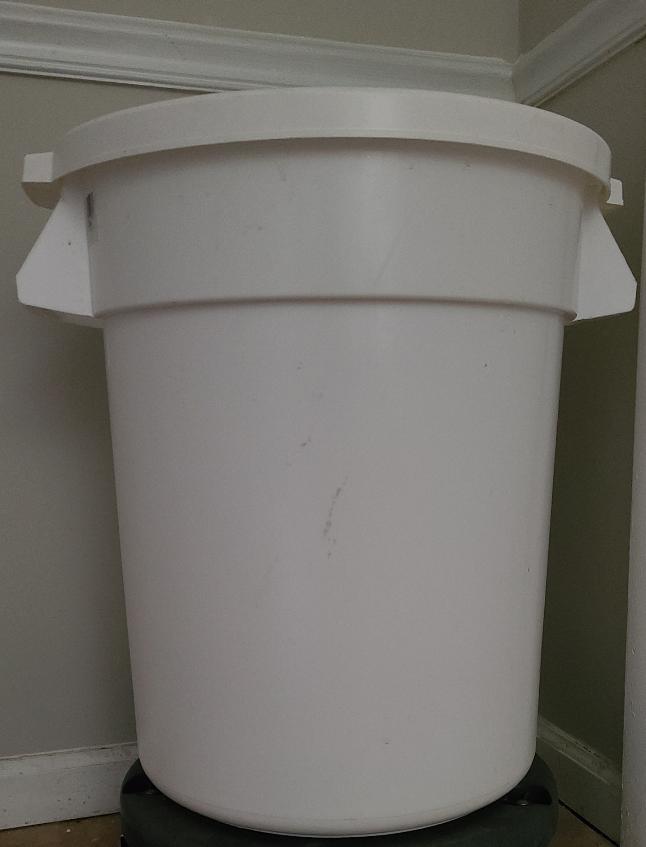When I make my wines at home, I usually make it in roughly 13 gallon batches. However, after racking I usually lose about half a gallon to a gallon, so I have a fair amount of headspace in my container when it is time to age and clarify.
So far the longest I have bulk aged my wine was up to a year with no real issues. However I was recently given a much larger food safe plastic container to bulk age in. Since it does not have an airtight seal like my carboy, I am concerned about oxidation.
I am aware that CO2 is heavier than the air around us, so my question is a 2-parter:
1- If I add an inert gas like co2 to the container before racking and add the lid (Not really airtight) would this be enough of a seal to keep oxygen away from my aging wine?
2 - If this would work, how would I go about adding this inert gas?
